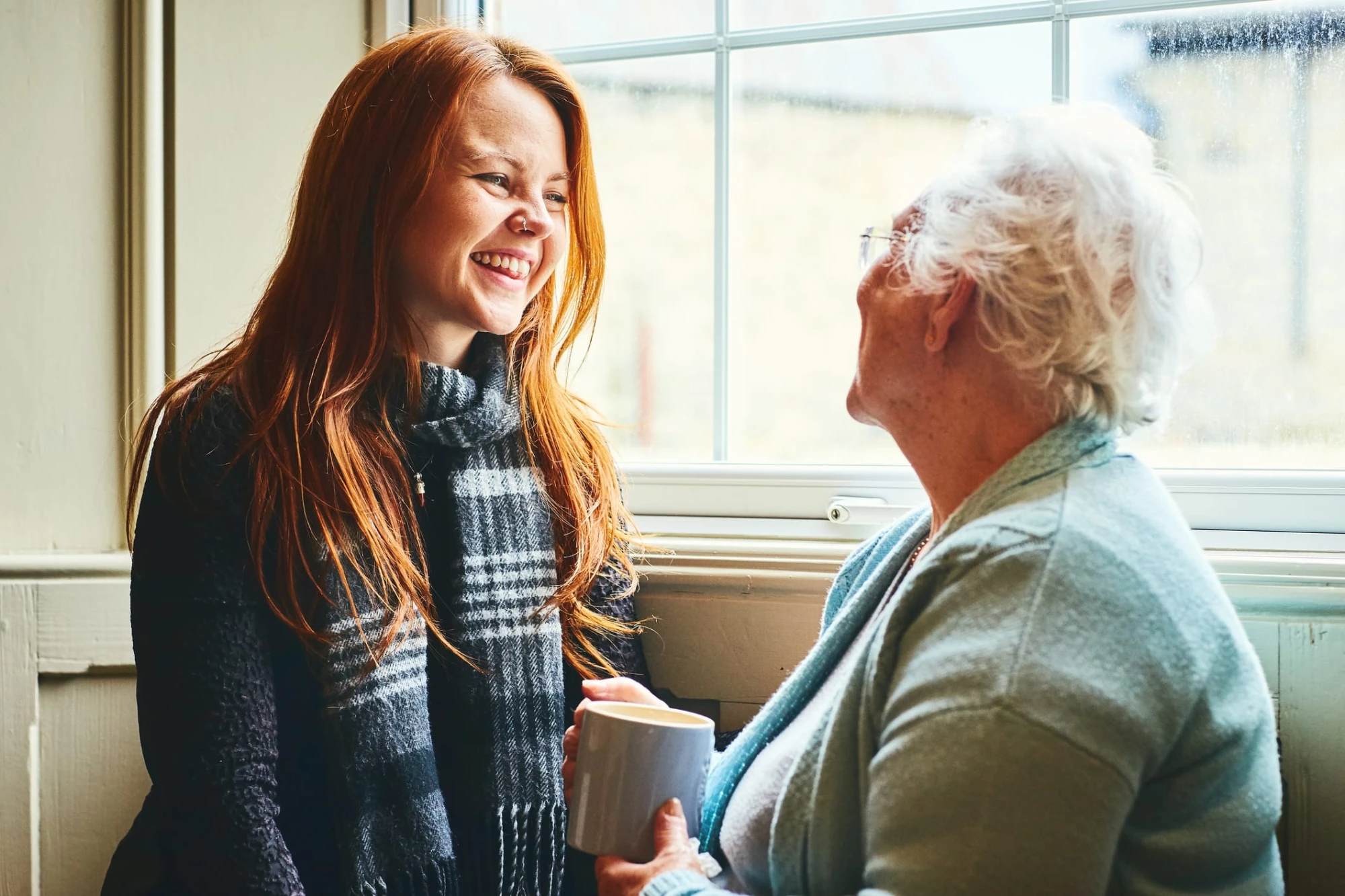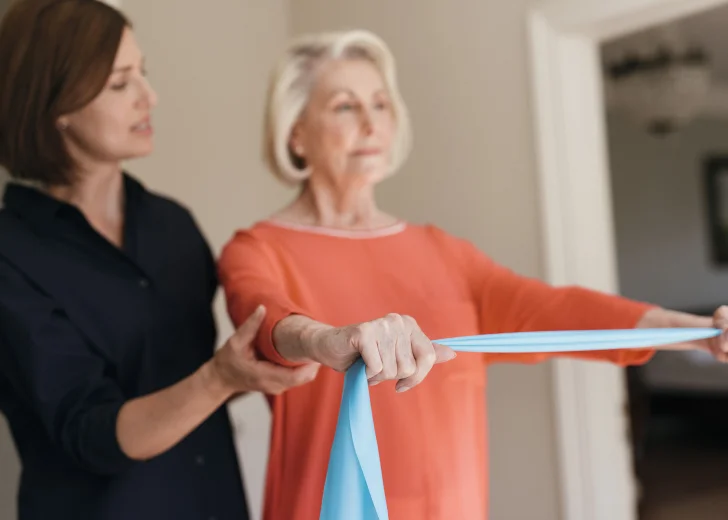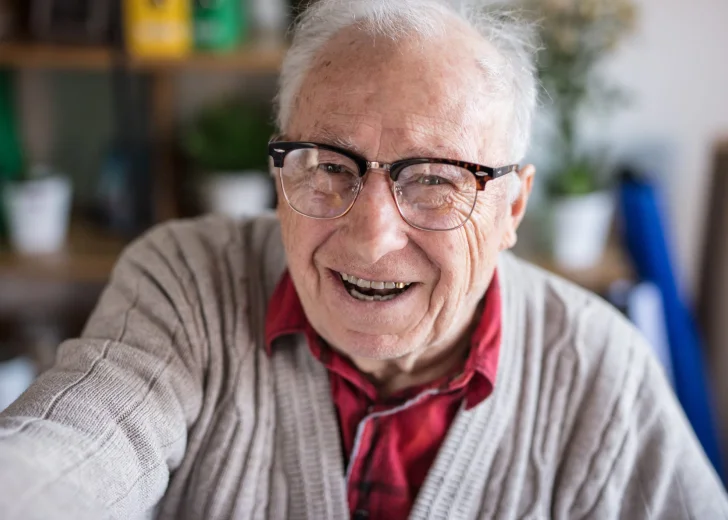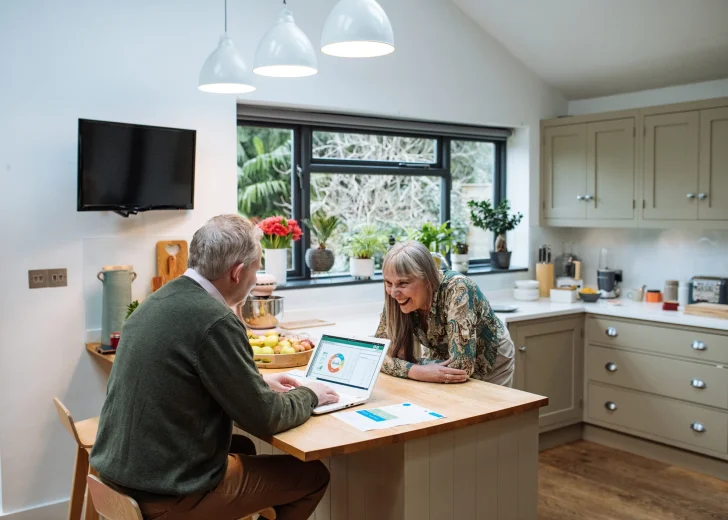In our busy worlds, the importance of companionship often goes unnoticed. For those who spend much of their time alone, the feelings of loneliness can have significant impacts on their well-being. Having companion care can have transformative effects. It provides support, understanding, and connection – in turn, promoting a healthier and more fulfilling life.
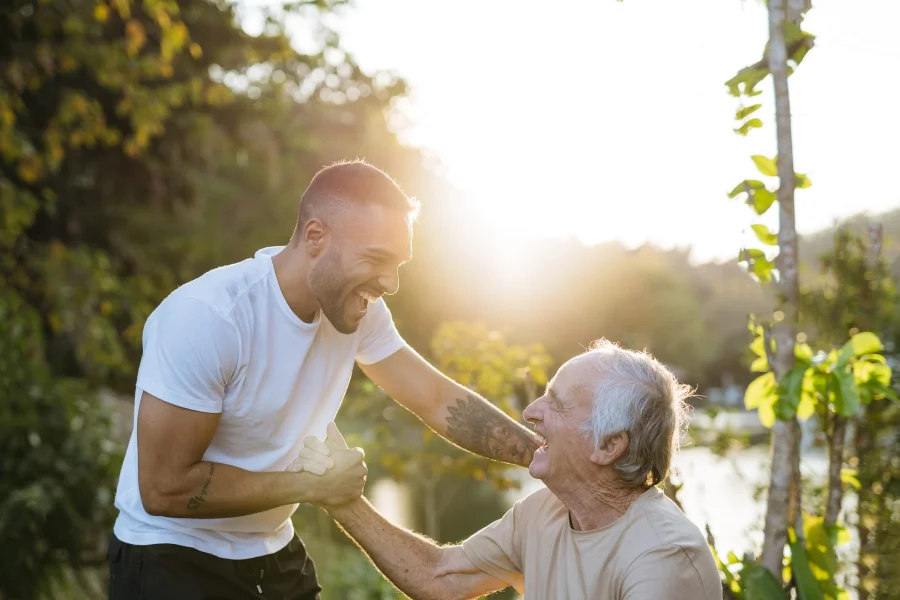
At Draycott, we understand how vital companionship can be. Our caregivers offer companionship by being present and engaging in meaningful conversations and activities with the individuals they care for. This might include providing opportunities for social engagement, like community events, or providing active listening and conversation. We aim to promote a sense of belonging and, ultimately, an enjoyment of life.
Signs of social isolation to look out for
Withdrawal from social activities
A lack of interest in hobbies the individual may have previously enjoyed
Less frequent contact with loved ones
Becoming passive and quiet in communication with others
Notable decline in mental and emotional well-being
Draycott is committed to identifying these signs early on and offering tailored care services and solutions. We often see people reach out for companion care following bereavement or an illness. This can lead to a loss in confidence and doing activities that once seemed mundane can feel insurmountable. Having a companion to support you through this time can be invaluable to gaining this confidence back again.

The benefits of companionship for well-being and daily life
Emotional support
The importance of genuine connections cannot be understated. Having an active listener in your life, combined with the joy of shared experiences, contributes to the overall enhancement of well-being.
Physical health
A lack of companionship is not only associated with depressive symptoms, but it has also been proven to have a significant effect on physical health. Social isolation has been linked to a variety of conditions such as cardiovascular disease. Companionship is therefore so necessary as it leads to a better enjoyment of life and improved well-being.
Feeling less alone
Companionship care provides a support system where burdens are shared and problems are solved together. Caregivers actively create opportunities for social engagement and community involvement. With this aim, our skilled carers play a pivotal role in preventing isolation.
Preventing cognitive decline
There is a proven correlation between loneliness and cognitive decline or the risk of developing dementia. Elderly companionship specifically, therefore, can drastically help with memory loss. Visit our dementia and Alzheimer’s care page for one of our carer’s personal insights into the necessity of companionship care.
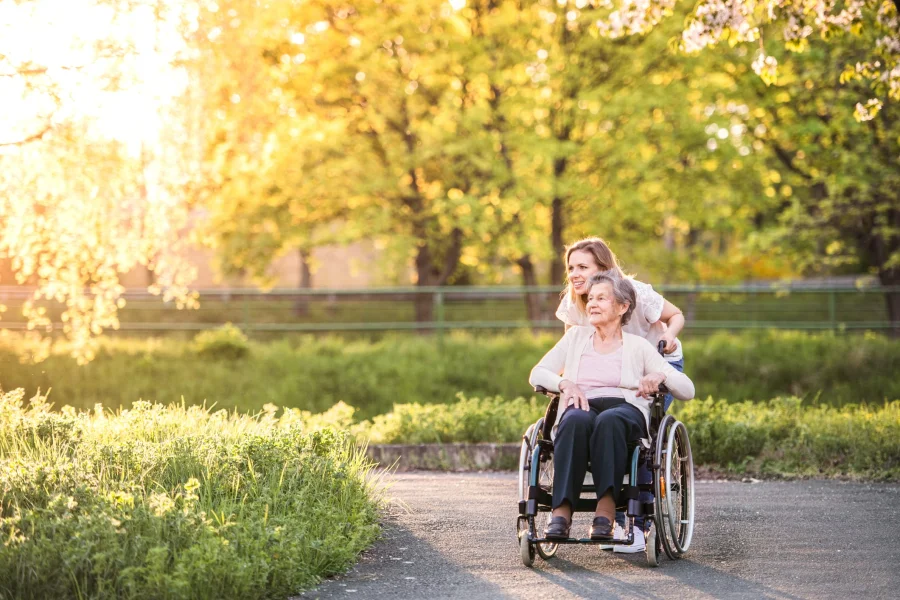
What Draycott offers for companion care
Draycott is dedicated to providing the very best companion care, ensuring that individuals receive the support they need for a fulfilling life. Our services include:
Tailored companion matching
Accompaniment to engaging social activities
Emotional support and companionship
Regular check-ins to ensure well-being
We go beyond traditional caregiving to cultivate genuine connections between our caregivers and clients.
